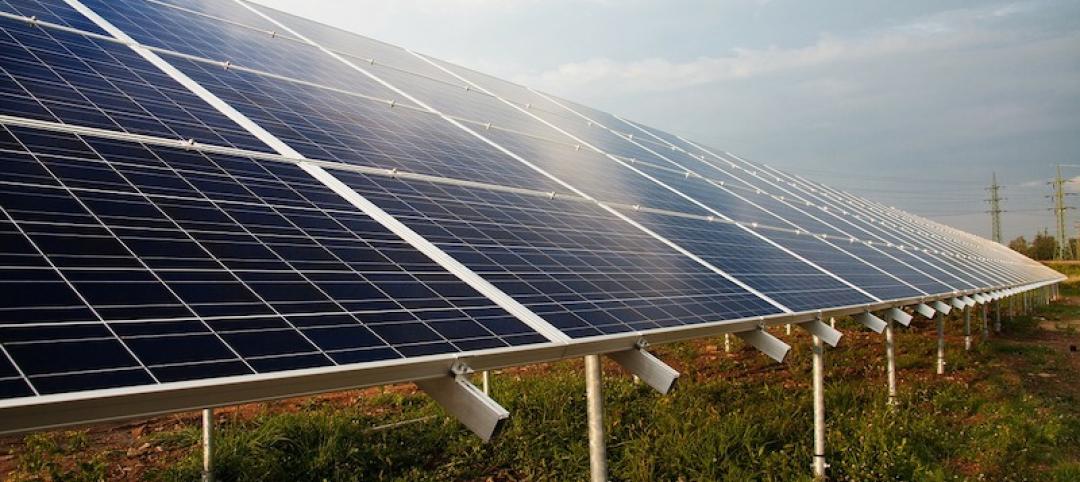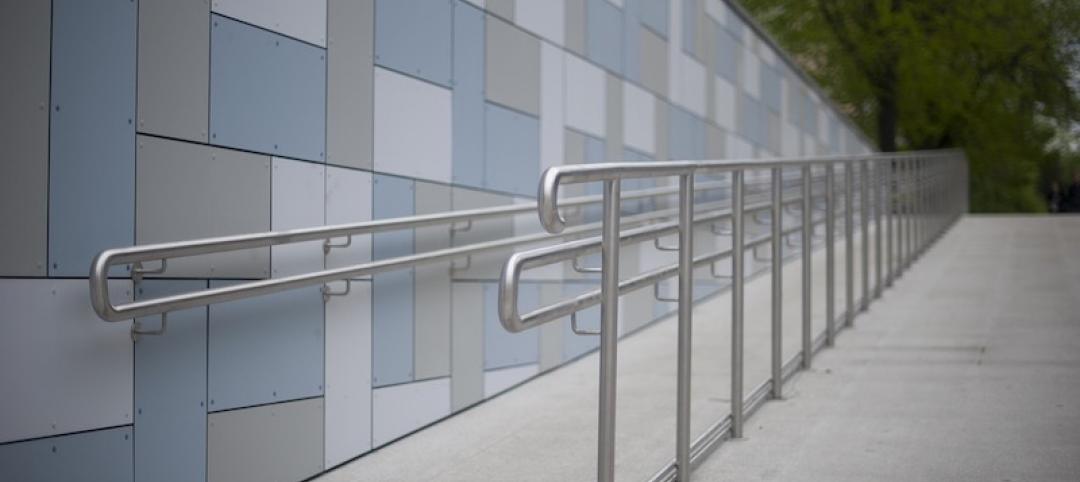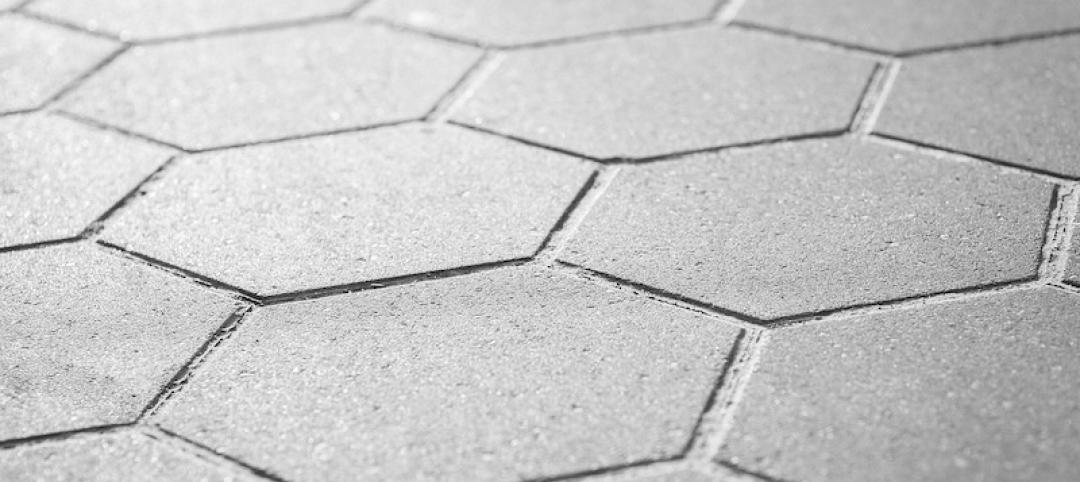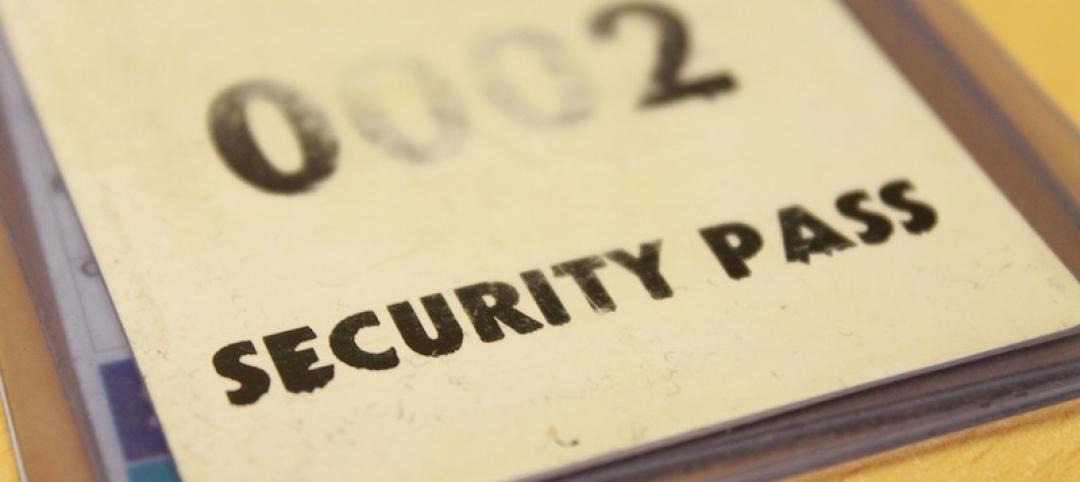Delayed payments are costing both general contractors and subcontractors tens of billions annually, according to a new study.
The study was conducted by construction finance platform Rabbet, formerly Contract Simply, in partnership with Procore Technologies. A similar study by Rabbet in 2018 found that slow payments cost subcontractors $40 billion.
This year, the company added general contractors to the study, and found payment delays cost all contractors an estimated $64 billion. More than 60% of subcontractors said they have decided not to bid on certain projects if the owner or general contractor has a reputation for paying late. Some 72% said they would offer a 1% to 5% discount for quicker payments.
Just 39% of subcontractors said that they are able to cover late payments with cash on hand. Slow payments by owners drive up the cost of projects by about 5.3%, according to the study. Owners also risk mechanic’s liens and project shutdowns when they pay late.
Related Stories
Codes and Standards | Oct 24, 2019
ASHRAE design contest winners demonstrate building resilience
Model building, a city hall, could operate without utility service for two weeks.
Codes and Standards | Oct 22, 2019
Efficient material design, low-carbon concrete are critical to cutting GHG emissions in construction
Enhancing building utilization and reusing materials also aid carbon reduction.
Codes and Standards | Oct 21, 2019
Historic properties not exempt from Americans With Disabilities Act
Some exceptions do apply.
Codes and Standards | Oct 18, 2019
St. Louis could save $61 million per year in energy costs by improved building performance
GHG gases can be reduced by at least 11% with upgrades to public buildings and large private buildings.
Codes and Standards | Oct 16, 2019
Cool pavement can make people hotter
Reflective coatings channel sunlight raising temperatures where pedestrians walk.
Codes and Standards | Oct 15, 2019
Utah adopts 2018 International Energy Conservation Code
Provisions include increased building envelope performance and reduced air infiltration.
Codes and Standards | Oct 14, 2019
States continue to beef up energy efficiency codes
ACEEE 50-state scorecard finds latest IECC code gaining adherents.
Codes and Standards | Oct 9, 2019
DOE releases Better Buildings Healthcare Financing Primer
Outlines financial strategies to implement energy-efficiency projects in healthcare.
Codes and Standards | Oct 8, 2019
Zero Carbon Buildings for All aims for ambitious emission reduction targets
Organization makes commitment to net zero carbon for all buildings by 2050.
Codes and Standards | Oct 7, 2019
Tailgating remains a critical building security threat, say security professionals
Few buildings provide beefed up provisions to counteract threat.

















